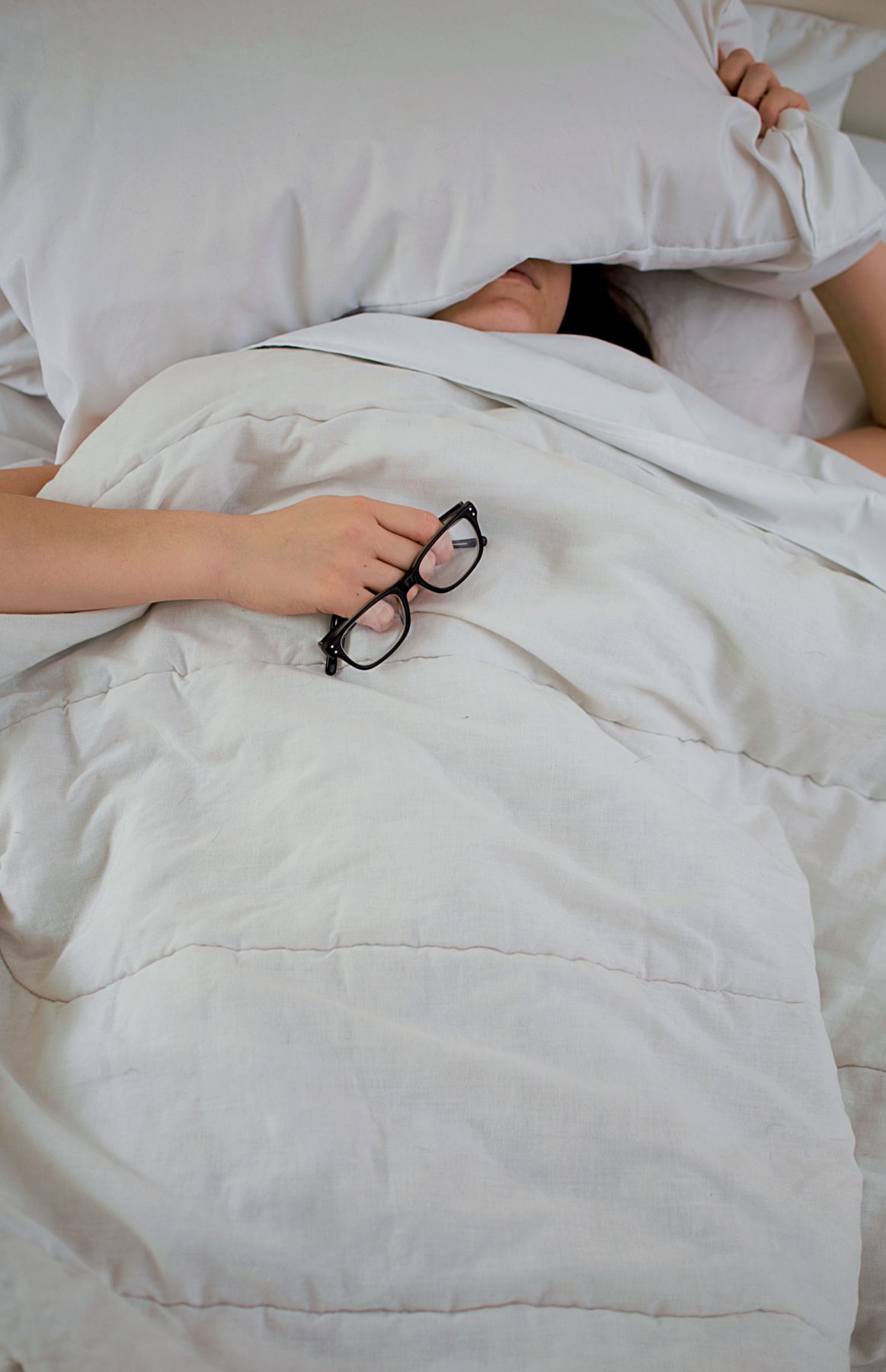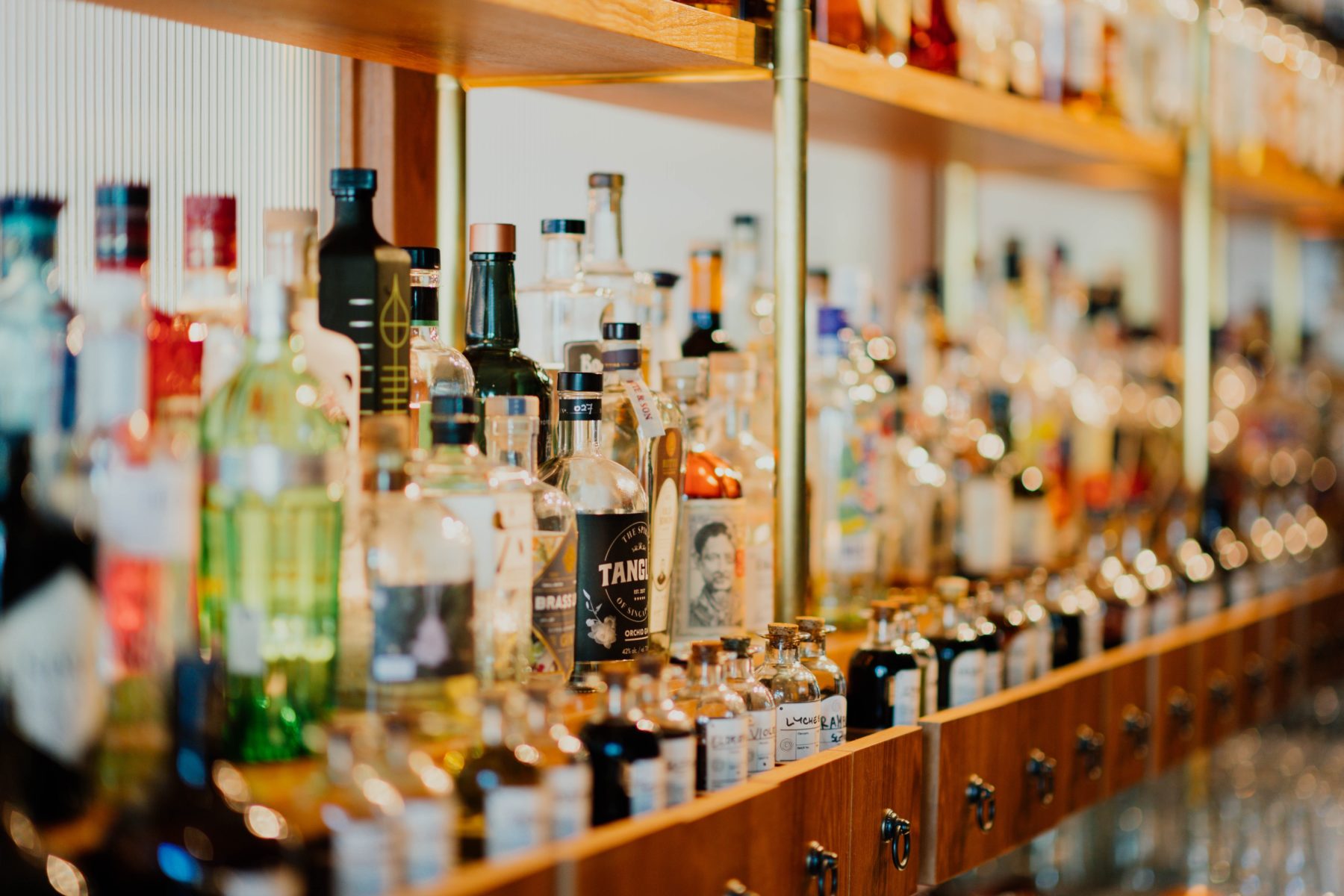How to Avoid Hangovers

Hangovers are the bane of many young adult and adult socialites. After a dinner with a friend that included a bottle(s) of wine or a specialty cocktail, you might wake up the next morning with a pounding head, a nauseous stomach and a sensitivity to light. These morning-after nuisances hinder productivity and are just downright horrible – and as we age, the severity of these side effects intensify from smaller amounts of vices.

Here, we’ve rounded up and explained the top, proven ways to avoid and mitigate those awful symptoms.
Drink What Bit You

“The Hair of The Dog that bit you.” It’s not just a saying for nothing. As unappetizing as it may sound, consuming an alcoholic beverage the next day is proven to reduce hangover symptoms. Another reason why a boozy Sunday brunch after a late Saturday night reigns supreme.
According to the studies, your body works to convert methanol into formaldehyde after a night of drinking alcohol. Since formaldehyde is thought to be behind many of the painful effects of a hangover, inhibiting that conversion by continuing the consumption of alcohol in turn inhibits the symptoms.
It should be noted, however, that this method is only delaying those symptoms and could potentially make them worse once they hit.
Be Picky in What You Drink

Photo by CHUTTERSNAP on Unsplash
As much as you may adore your stiff pour of bourbon or your several rounds of budget-friendly tequila shots, it may be worth cutting back or cutting out such spirits. That’s because these and other certain alcoholic products are high in something called congeners.
Congeners are impurities produced during fermentation; compounds other than the desired form of alcohol: ethanol. These impurities aren’t always a bad thing, as they often contribute to the taste, smell or color of the spirit. However, it is believed that these play a role in the severity of hangovers.
The number of congeners contained in a substance varies based on type of spirit and its quality. For example, top shelf liquors typically contain less than the cheaper, well spirits because these products typically go through a more intense distillation and purification process.
High congener spirits are typically those with a darker color. Some of these include tequila, brandy, red wine, bourbon and scotch. In that same way, low congener spirits typically have lighter or no color. Some examples are gin, vodka, white wine or light rum.
Drink Water, Eat Food

It might seem like a no-brainer to drink water and eat while and after you’re drinking, but dehydration and low-blood sugar levels actually can contribute to symptoms like weakness, fatigue and headaches.
Alcohol is a diuretic, meaning it makes you pee. The loss of liquids then dehydrates you, leading to feeling lousy the next day. Some ways to diminish this effect of alcohol is to drink a glass of water in between or with each alcoholic beverage you consume throughout the night and to drink a large glass of water before you go to bed.
Similarly, as you drink you should make sure to eat something before and after. This is especially true for people who struggle with low blood sugar levels. This is because hangovers have been linked to hypoglycemia (having a low level of blood sugar). Try to eat a nutritious meal (maybe the tried and true avocado toast) as soon as you wake up or before you go to bed, in order to avoid your blood sugar from dipping too low.
If you’re feeling really bad and don’t want to deal with excessive intake, look into IV bars around town for a quick way to replenish what your body needs after a night out.






